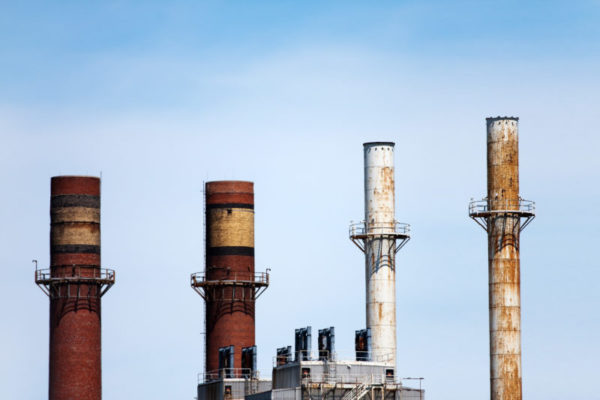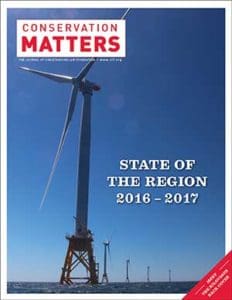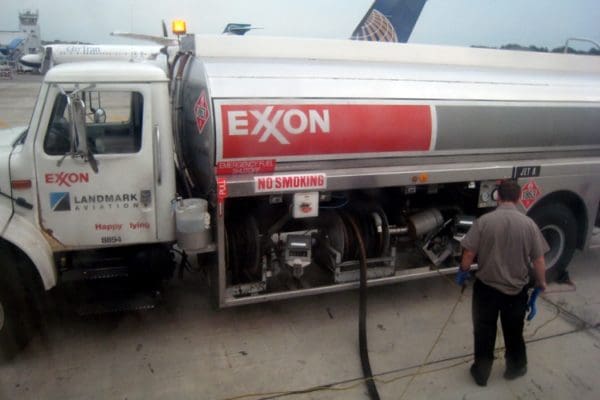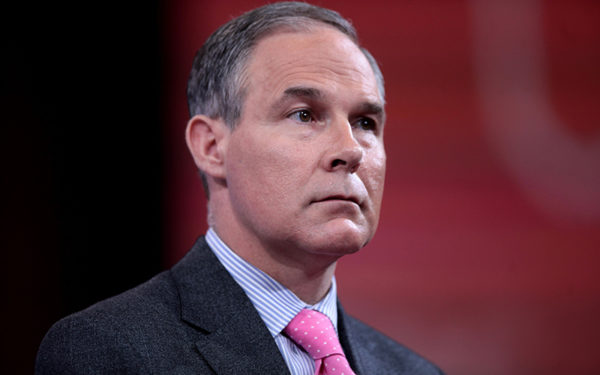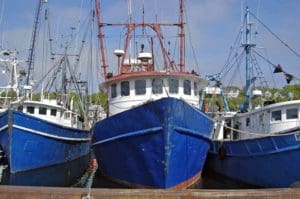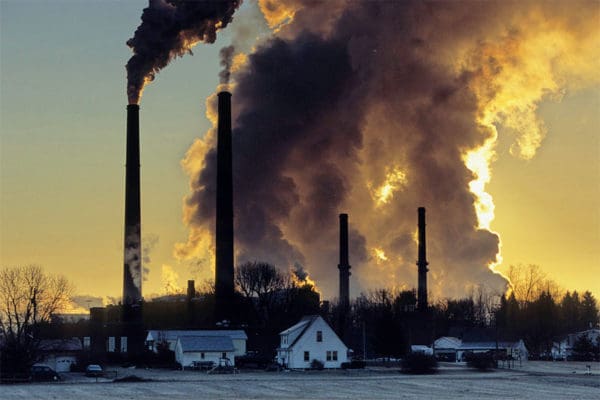Aug 10, 2017
By Caitlin Peale Sloan and Max Greene In July, Governor Malloy released a long-awaited Comprehensive Energy Strategy for Connecticut. While it shows Connecticut’s interest in cutting carbon pollution, this strategy will not help the state reach its clean energy goals. Instead, it would further Connecticut’s reliance on dirty gas and destructive gas pipelines. What the… Continue reading Connecticut’s Draft Energy Strategy Is Big on Dirty Gas, Short on Clean Energy
Jul 26, 2017
Fighting Big Gas How One Community’s Fight Could Shape the Future of New England Restoring Lake Champlain Reasons for Hope after Decades of Degradation Local Food 2.0 Training a New Generation of Farmers in Western Massachusetts Whale Watch Saving North Atlantic Right Whales from Extinction Measuring Community Health A New Research Model Puts the Community… Continue reading Conservation Matters Summer 2017: Year in Review
Jul 13, 2017
Today marks the start of the National Governors Association summer meeting in Providence, Rhode Island. Held over four days, the meeting will bring together more than 30 governors from across the country to discuss the most critical issues facing our nation. However, one of the glaring omissions from the conference’s agenda: climate change, specifically state… Continue reading New England Governors, Stand Up for Paris
Jun 23, 2017
Last week, I gave a presentation on the pollutants that plague Lake Champlain. On one slide I focused on the negative impacts of microbeads – miniature plastic balls so tiny that they slip through wastewater treatment systems and wind up in our lakes (and rivers, streams, and ocean). Once in the water, microbeads don’t biodegrade… Continue reading The Threat of Plastic Pollution
May 30, 2017
Tomorrow in Dallas, ExxonMobil’s climate hypocrisy will be on full display at its annual shareholders meeting. As a public company, Exxon allows shareholders to submit proposals for vote at each annual meeting. This year, four of the nine proposals call out the company for its failure to adequately address climate impacts – from its unmitigated… Continue reading Exxon: Less Climate Talk, More Climate Action
May 08, 2017
Back in February, President Trump issued an executive order requiring government agencies to review and evaluate all existing regulations on the books. This is all in service to an earlier executive order that says federal agencies must axe two regulations for each new one they create. We have an opportunity right now to speak up… Continue reading Tell Scott Pruitt: You Can’t Repeal and Replace Clean Air and Clean Water
May 05, 2017
May’s arrival means that summer is finally close. In New England, there is no better time to enjoy a fresh, local seafood dinner than on a warm summer night. For many of us, that means serving up New England staples like haddock, cod, or flounder. These species aren’t only dinner staples, however. They also form… Continue reading Facing Another Tough Season, New England’s Groundfishery Needs These Three Things
May 04, 2017
New England has been stepping away from fossil fuels, and our regional grid operator hasn’t been choosing new polluting power plants. So why are energy companies still trying to build them?
Apr 27, 2017
Our food system must evolve into a resilient resource, and that means supporting our small family farms. Will Sonny Perdue, the new U.S. Secretary of Agriculture, be able to leave his days in Big Ag behind to ensure his department supports farmers of all sizes?
Apr 27, 2017
Trump’s proposed cuts to EPA’s budget would eliminate the Office of Environmental Justice, which is charged with helping to protect vulnerable communities from the harmful impacts of pollution.
